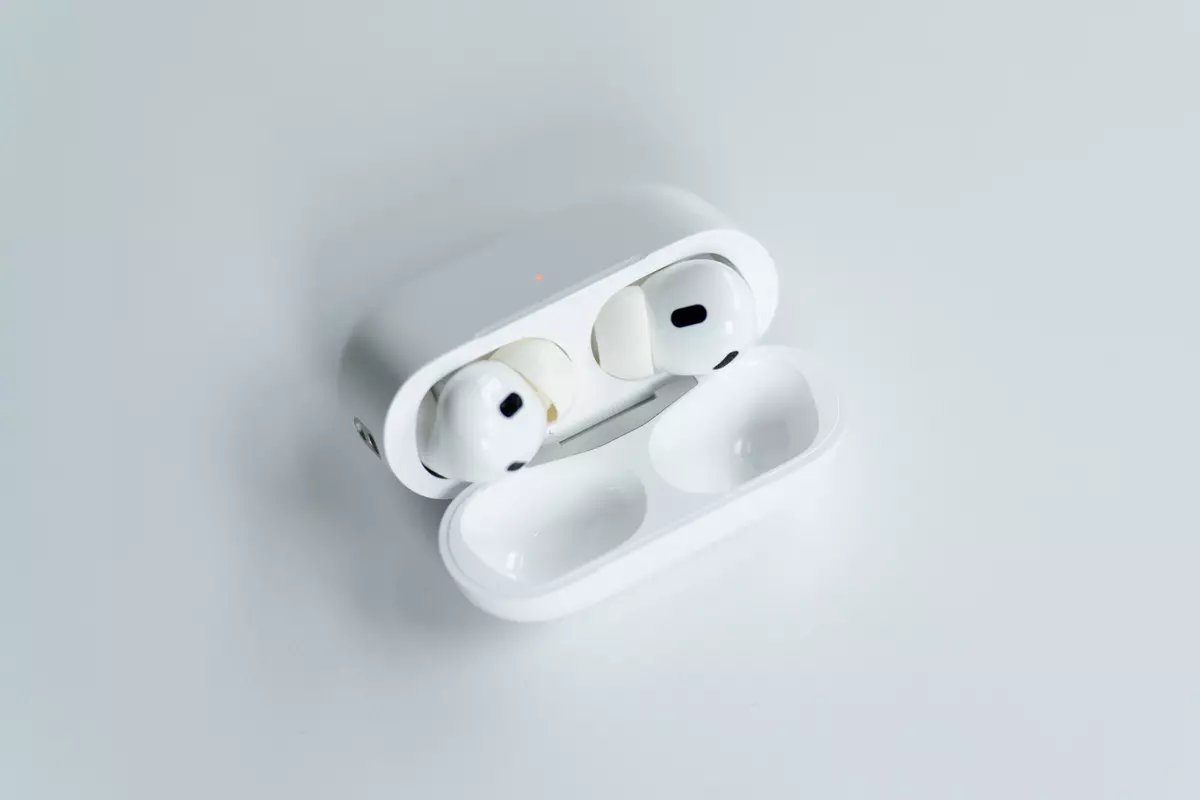Apple has made bold claims about its AirPods Pro 2 being able to function as “clinical-grade” hearing aids. However, it is important to note that these features have not yet been FDA-cleared. This raises concerns about the accuracy and reliability of the claims made by the company. While Apple says it expects approval “soon,” it is crucial to wait for official validation before placing complete trust in these claims.
The new AirPods Pro 2 were unveiled at the Apple event titled “It’s Glowtime,” introducing innovative features aimed at enhancing the user experience. One of the key features is the ability to boost specific sounds in real time, such as parts of speech or elements of the environment. This can be beneficial for individuals with hearing impairments, but the effectiveness of this feature remains to be seen.
Apple also announced a certified hearing test that will be available on iOS 18 and AirPods Pro 2. This test allows users to assess their current hearing health by listening to tones at different volumes and frequencies. While this may provide valuable insights into one’s hearing abilities, the reliance on a smartphone-based test raises questions about its accuracy compared to traditional hearing tests conducted by professionals.
After taking the hearing test, users will receive a personalized hearing profile stored in Apple’s Health app. While this information can be shared with healthcare providers, there are concerns about the privacy and security of personal health data. Apple must ensure robust data protection measures to safeguard user information and prevent unauthorized access to sensitive data.
Apple plans to launch the hearing aid feature for AirPods Pro 2 and the hearing test for iOS 18 in over 100 countries and regions this fall. This global rollout indicates the company’s commitment to reaching a wide audience with its innovative technology. However, it also highlights the need for extensive testing and validation to ensure the reliability and effectiveness of these features across different regions and demographics.
While Apple’s announcement about the AirPods Pro 2 presents exciting possibilities for users with hearing impairments, it is essential to approach these claims with a critical mindset. The lack of FDA approval, concerns about privacy, and the reliance on smartphone-based testing raise questions about the accuracy and reliability of these new features. As consumers, it is important to exercise caution and wait for further validation before fully embracing these advancements in hearing technology.

